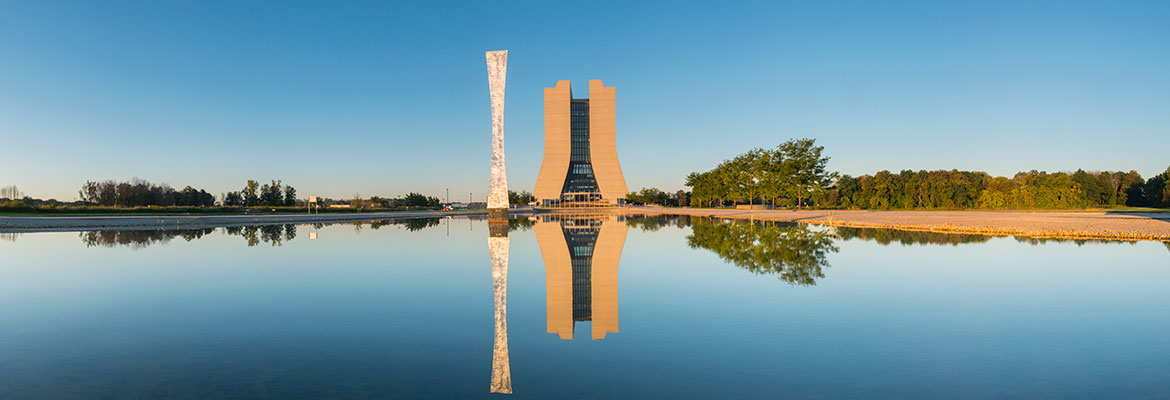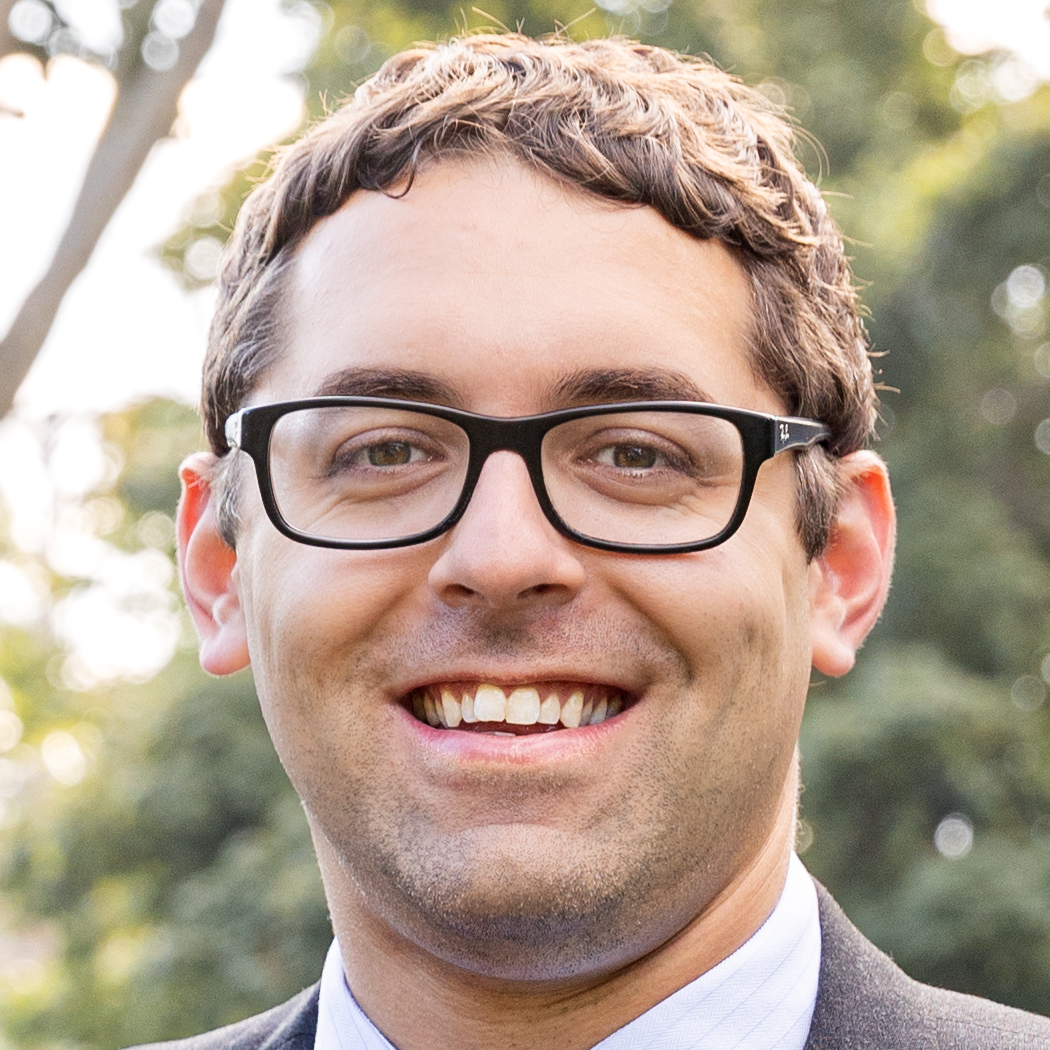Kevin Pedro
Fermilab National Accelerator
Statement
I first arrived at Fermilab as an undergraduate summer intern (through the University of Rochester REU program) in 2010. I visited Fermilab frequently as a graduate student at the University of Maryland, living in the village for some time. After completing a postdoc with the Fermilab CMS group, I was promoted to Associate Scientist in what is now the Computational Science and AI Directorate, where I continue to work on CMS as well as other experiments like protoDUNE that need cutting-edge computing and machine learning. In the past, I’ve worked on other experiments such as the Daya Bay Reactor Neutrino Experiment and the CLIC test facility at CERN. Throughout the years, I have seen the different sides of Fermilab: I’ve experienced the lab as a student, postdoc, scientist, user, and employee, and I’m familiar with various facets of the lab’s scientific mission (computational, collider, neutrino, and accelerator physics). I have found it to be a great place to work and a supportive community. I am running for the UEC again to continue to address problems, improve communication, and better the lab.
In my first term as a UEC representative, I led the Government Relations subcommittee, organizing the largest ever in-person advocacy trip to DC with 69 participants visiting Congress and executive branch agencies. We brought the new P5 plan to Congress and made a strong case for both existing and new projects, including the LHC, DUNE, LSST, CMB-S4, and future colliders and other proposed experiments. I personally met with more than 20 Congressional offices each year for the past two years, and I organized a new meeting with the State Department to discuss international collaboration and competition. We also successfully expanded the initiatives for which we gather support in Congress, including letters in favor of new LC-130 planes for continued scientific access to the South Pole. The annual DC visit, in which I have participated since 2016, is crucial to secure robust federal funding for basic science. I will continue to play a prominent role in this effort in future years.
I was also involved in running the annual Users Meeting and advocating for users’ needs to improve quality of life at the lab. I find the latter still particularly important, which is why I am running for a second term. There are many areas where the lab needs to improve its support of users, as well as employees. Now that at least some progress has been made on the most obvious security and access issues from recent years, we must all ensure that attention is paid to those areas that were neglected or otherwise not prioritized since we all started returning to work after COVID-19. These include access to the village and recreational activities more broadly, which are essential to build a strong community. I have experience engaging with these concerns at the lab through the Computing Division Focus Group, which followed up on the 2019 Climate Survey of all employees. My goal for the next two years is to focus on these issues and push to return the lab as close to its old self as possible. I take these responsibilities to our constituency, users and employees, very seriously.


